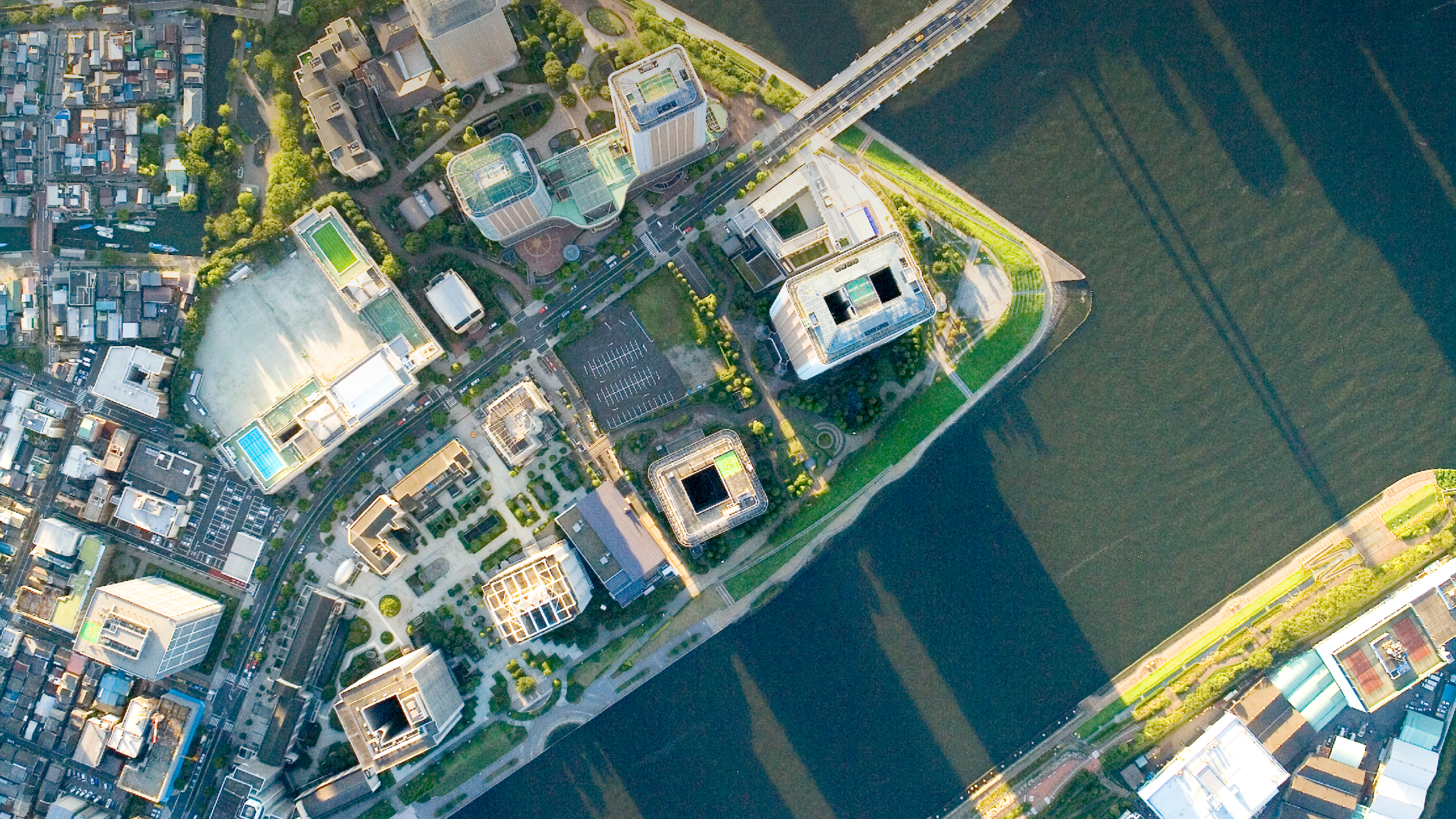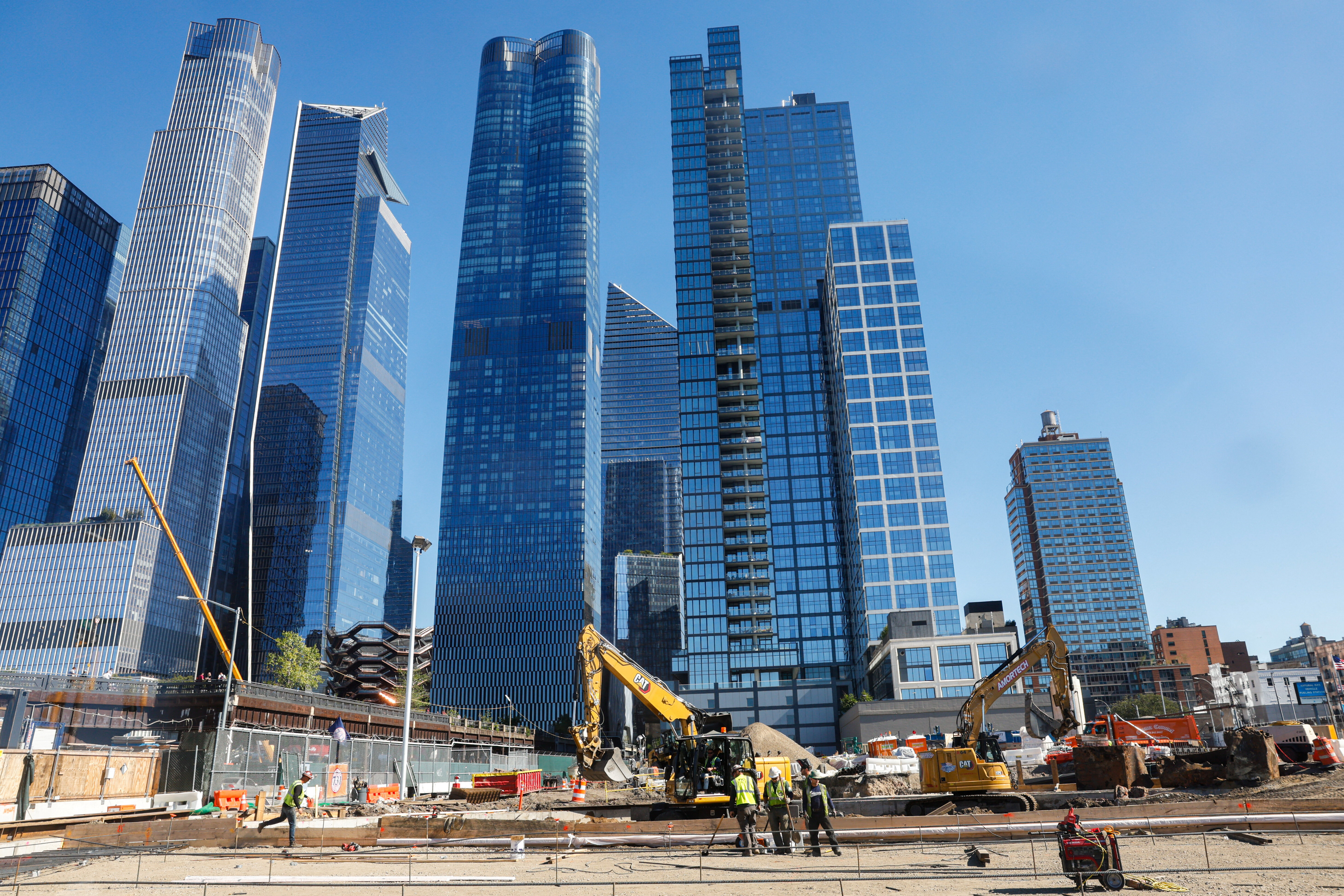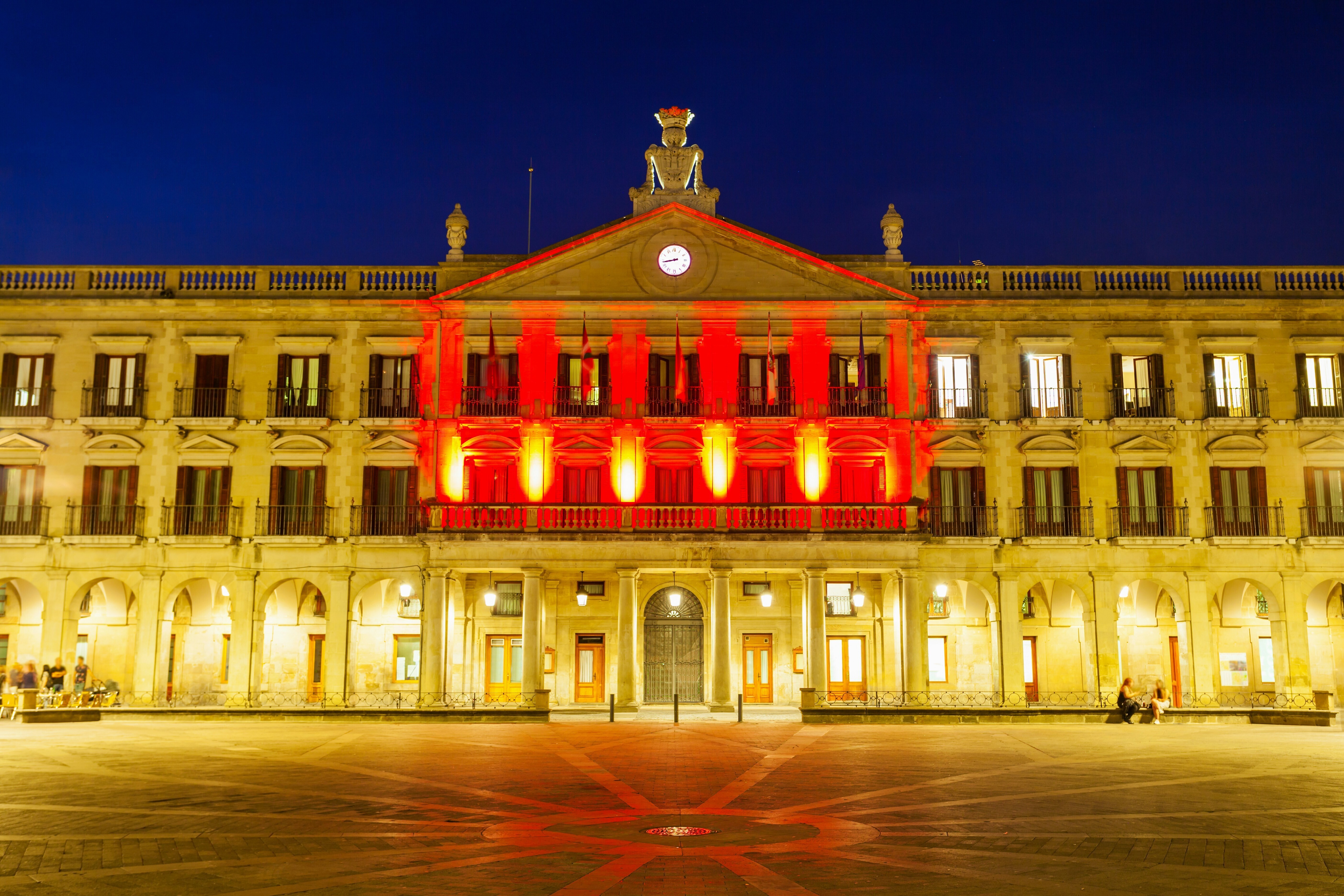How to future-proof our cities against climate change

Recent heatwaves have driven a previously unseen demand for cooling solutions in cities Image: REUTERS/Henry Nicholls
Sustainable, smart cities are at the heart of all conversations about the rising demand for cooling and rapid urbanization. This is not surprising: if you scrambled for ways to keep cool in the city during the heatwave this summer in Europe, chances are you weren’t alone. Across the world, extreme weather and prolonged heatwaves set records and, understandably, drive a previously unseen demand for cooling.
This growing demand is part of a major global trend: rising need for cooling comfort, in particular, air conditioners (ACs). The use of energy for cooling is now the fastest growing use of energy in buildings. ACs and electric fans already account for about 10% of all global electricity consumption. By 2050, cooling demand could more than triple, warns the International Energy Agency (IEA).
ACs and other cooling equipment exhaust waste heat into the air, creating a need for more cooling in a classic feedback loop. The recent IEA report, The Future of Cooling, highlights why this is such a dilemma: cooling brings extra comfort and improves our daily lives, but it places a major strain on energy systems and drives up CO2 emissions. This is why cooling has to be part of the plan for the modern city from the start, making it as efficient and sustainable as possible and working with heating and cooling from a system perspective.
Yet perhaps, the most important challenge in an increasingly warm world is raising awareness about sustainable cooling as a crucial development issue. The Sustainable Energy for All report Chilling Prospects: Providing Sustainable Cooling for All is a great starting point. It shows that the impact of not having access to modern cooling solutions is profound – deadly heat waves, hunger, and malnutrition, incapability to preserve the efficacy of vaccines – challenging the way we think about cooling.

The report also brings attention to the need to think thermally and highlights district energy as a promising technology that can provide large energy savings in urban areas, suggesting a “cooling as a service” approach. Luckily, innovative technology can help us future-proof our cities and make cooling affordable to those 1.1 billion people who face immediate risks from a lack of cooling access. But how to do this?
With the frequency and intensity of heatwaves increasing, we urgently need to tackle the excess heat we face both inside and outside our buildings. Thanks to their fast population growth and unique “heat island” challenges, cities merit special attention. There is a lot that cities can do to reduce the impact of extreme heat, including working with industry to increase the speed and scalability of new business models.
Most people would be astonished to learn that supermarkets currently use around 3% of global electricity, but would you believe that your local supermarket could actually be your provider of heat or power? We have thousands of supermarkets in our cities. Keeping food cold or frozen across all these sites requires a lot of energy for cooling. As cooling basically means, we take out heat, we have the ability to recover and use this heat. A huge untapped potential.
Basically, supermarkets can recycle the heat taken out in the cooling process, which is currently wasted, and use it to heat their own store or get hot tap water for free. Otherwise, supermarkets can also sell the heat to a local heating plant and distribute it through district energy systems. In the end, heat recovery solutions can save energy for other uses and reduce the pressure on our energy system as a whole.
Additionally, connected buildings, such as supermarkets, can offer excess capacity in an increasingly renewable-energy-based system, providing flexibility when the sun is not shining or the wind is not blowing. Smart energy solutions – district energy and thermal storage – that combine cooling and heating are highly energy and resource efficient and an affordable solution to help minimize the “heat island effect”.
These kinds of innovative, smart solutions, require collaboration and a collective mindset. All the technologies exist today, but they are mostly utilized in silos. Unlocking the enormous benefits derived from true connectivity and collaboration will not only help to future-proof our cities but must indeed start at the city level, where mayors have the power to bring together stakeholders across these silos.
Don't miss any update on this topic
Create a free account and access your personalized content collection with our latest publications and analyses.
License and Republishing
World Economic Forum articles may be republished in accordance with the Creative Commons Attribution-NonCommercial-NoDerivatives 4.0 International Public License, and in accordance with our Terms of Use.
The views expressed in this article are those of the author alone and not the World Economic Forum.
Stay up to date:
Cities and Urbanization
Forum Stories newsletter
Bringing you weekly curated insights and analysis on the global issues that matter.







